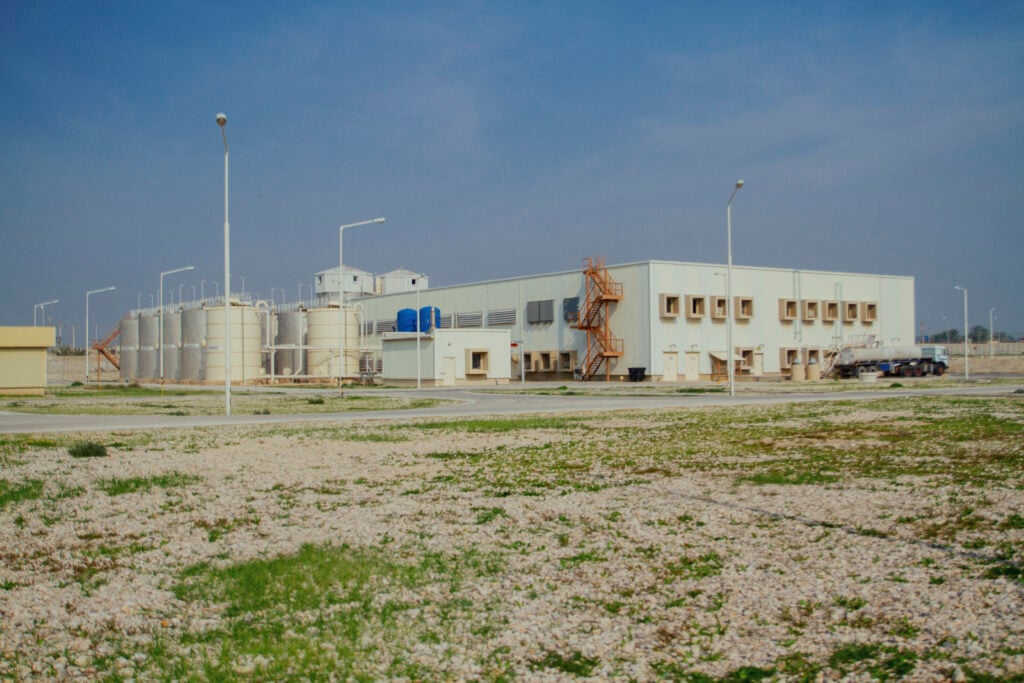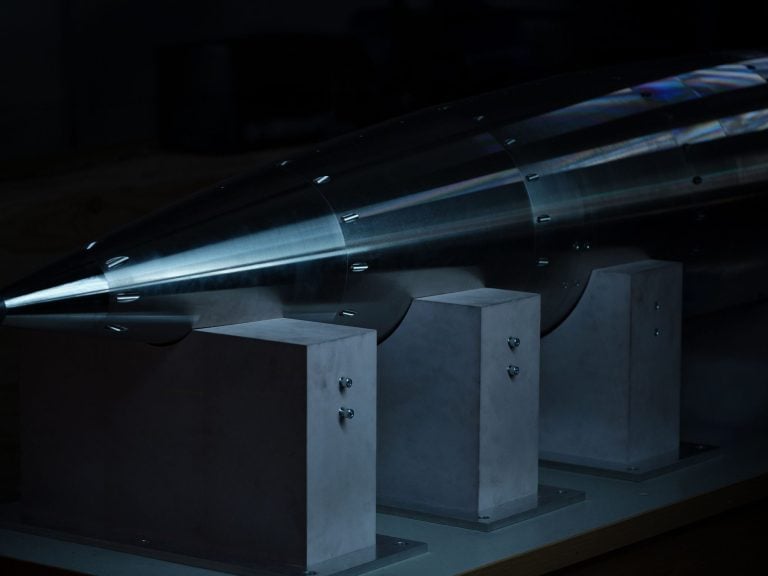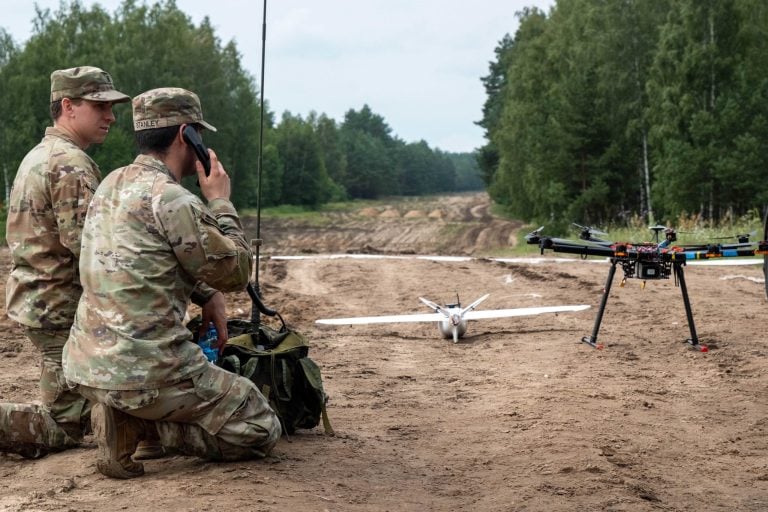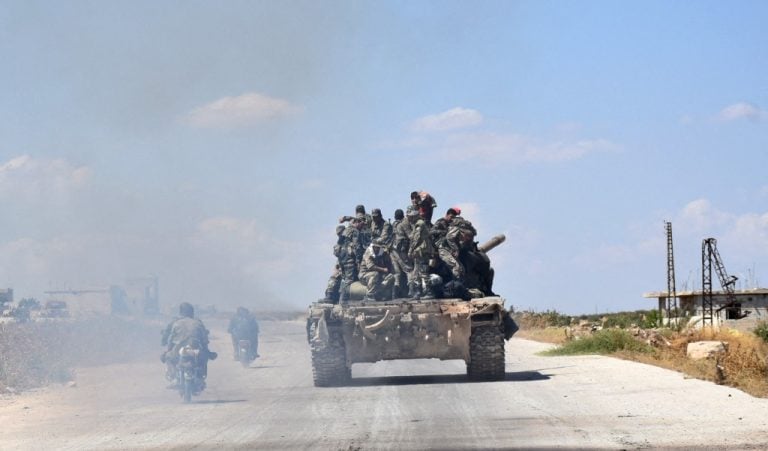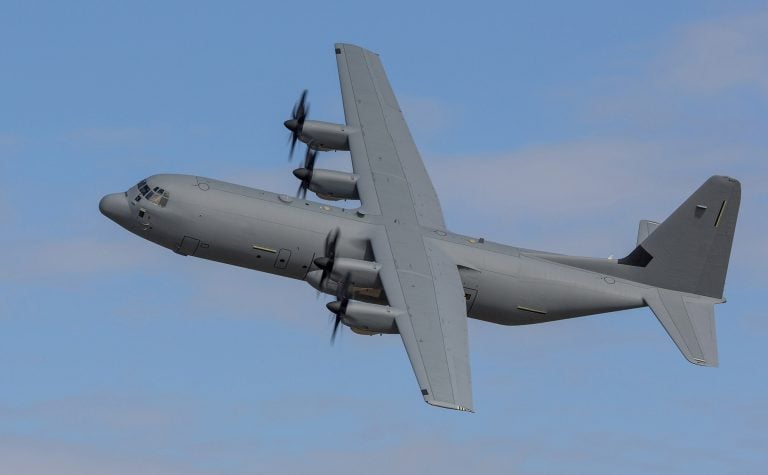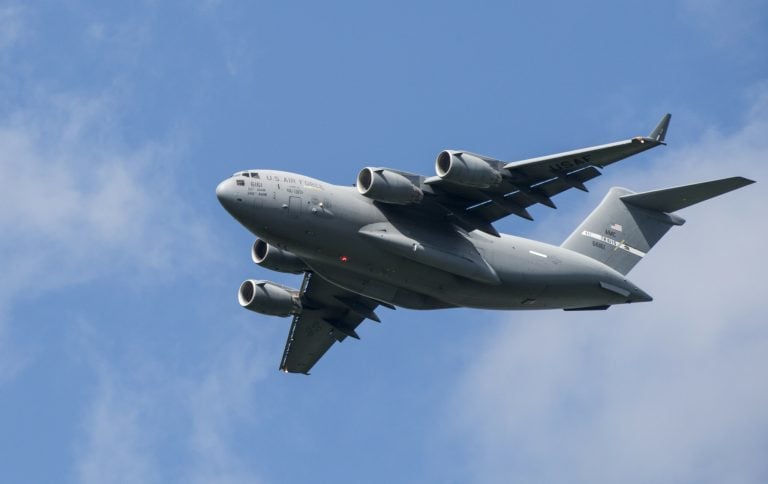The International Atomic Energy Agency (IAEA) Chief Rafael Grossi has warned that Iran is poised to commence the production of enriched uranium in a matter of months, despite recent damage inflicted on its nuclear facilities from airstrikes by the United States and Israel. This alarming assertion comes in the wake of a significant bombing campaign led by Israel targeting Iranian nuclear and military sites, which began on June 13. The stated objective of these attacks is to thwart Iran’s alleged ambitions to develop nuclear weapons—a claim that the Islamic Republic has continuously denied.
Iran’s Foreign Minister, Abbas Araghchi, acknowledged the seriousness of the damage sustained by the nuclear sites but did not disclose specifics regarding the extent of the destruction. Former U.S. President Donald Trump asserted that the strikes had set back Iran’s nuclear program by “decades.”
In contrast to these claims, Grossi pointed out that some facilities remain operational. He indicated that it would be feasible for Iran to commence enriching uranium within a few months, stating, “They can have, you know, in a matter of months, I would say, a few cascades of centrifuges spinning and producing enriched uranium, or less than that.”
A crucial factor in this situation is the estimated stockpile of highly enriched uranium that Iran possesses, which is reportedly 408.6 kilograms (approximately 900 pounds), enriched to 60 percent—significantly above the levels required for civilian use but still below weapons-grade material. If refined further, this stockpile could theoretically be enough to produce more than nine nuclear bombs. Grossi expressed uncertainty about the whereabouts of this material, acknowledging the possibility that some might have been lost in the attacks while others could have been relocated.
Grossi elaborated on the need for clarity regarding the status of Iran’s nuclear materials, stating, “We don’t know where this material could be.” He emphasized the importance of verifying and confirming the situation at the sites, notably Fordo, which is the primary facility for uranium enrichment.
In response to recent developments, Iranian lawmakers have voted to halt cooperation with the IAEA, complicating monitoring efforts. Iran also declined Grossi’s request to visit the damaged sites, raising further concerns about transparency.
In a related appearance on Fox News, Trump opined that he did not believe the stockpile had been relocated, commenting on the difficulty of such an operation given the limited notice provided before the attacks.
U.S. Secretary of State Marco Rubio affirmed Washington’s commitment to supporting the IAEA’s verification and monitoring endeavors regarding Iran’s nuclear program, commending Grossi and his agency for their dedication and professionalism in these efforts.
Further insights from Grossi are expected to be shared in an upcoming interview on “Face the Nation with Margaret Brennan.”
